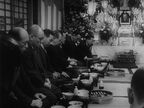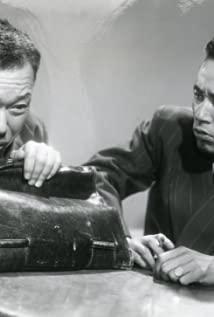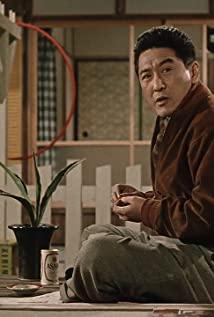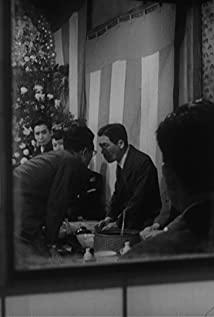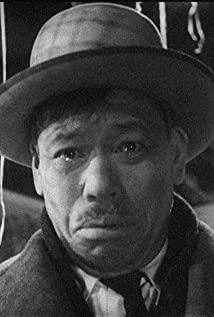I have always agreed with Mr. Xu Haofeng’s statement, “Stories are concepts. So tell stories instead of concepts.” I think this sentence is really the conscience of the industry and should be used as the bottom line of the industry, and it is also a manifestation of the director’s basic sincerity and standards. .
In fact, writing novels is the same (so I won’t).
The story line of "The Desire of Life" is very simple, but very different: Watanabe, a civil servant who has been following the rules for 30 years, suddenly got stomach cancer. The son is not close, the work is not passionate, and he doesn't know how to live the remaining half a year.
In order not to wait for death, Watanabe tried his best. He found a novelist who was inferior, and the other party took him around the sensual places. Unfortunately, Watanabe didn’t find meaning in it; so, he changed paths and began to approach the young female staff, which made him feel alive, so he made a shot. It's out of control, and entangles people everywhere, to the point of boring people.
However, the pursuit is still somewhat rewarding: inspired by the female staff, he finally found a goal in life, that is, to help the Women's Federation and build a children's park.
What's interesting is that here, the scene of the movie cuts directly to the end: Watanabe is dead, he died on a swing in the newly built park.
Then, all the stories happened in the mourning hall: when he came to express condolences to this commoner, the deputy mayor struggled for merit, colleagues speculated, the women’s union women’s memories, the son’s regret and cry... Watanabe in the portrait, Watching all this calmly.
This section in the mourning hall accounts for one-third of the length of the whole movie. In this way of piecing together, the process of Watanabe's construction of the park is explained clearly, and everyone's position and thoughts are also fully revealed. Such an arrangement is really unexpected.
The narration of the movie is also very personal. At the beginning of the story, the camera sweeps to Watanabe behind the desk full of documents. At this time, the off-screen audio plays: This is the male protagonist of the film, but it is too early to tell his story, because he is still trying to get rid of the boredom. For him, life has no meaning for him.
Because of the emptiness of the characters, such narrations frequently appeared in the first half of the movie. However, as the narrative continues to deepen, the plot becomes more exciting, and the audience's emotions are naturally brought in. Slowly, there is almost no off-picture sound, and the transition in the middle is very natural.
View more about Ikiru reviews




